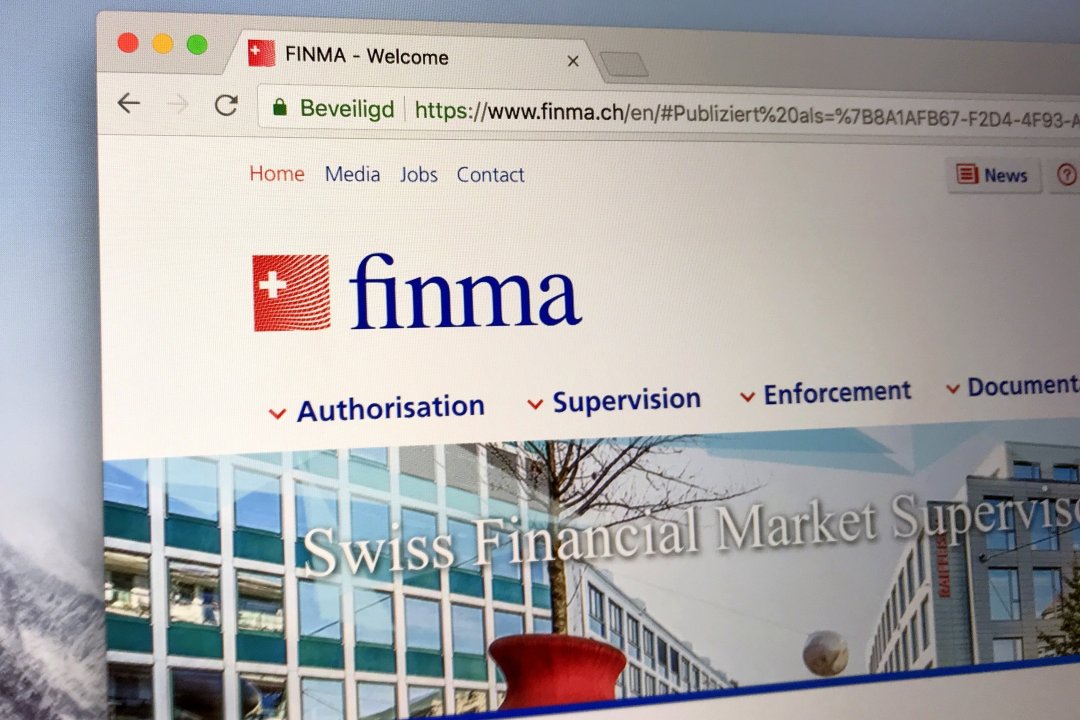Swiss FINMA has published new guidelines for stablecoins, including Libra.
The Swiss Financial Market Supervisory Authority (FINMA) has published an addition to its guidelines on ICOs, detailing how the so-called stablecoins should be treated under Swiss law.
These new guidelines are actually very important and go beyond the strictly national level. The Libra Association, which will issue the Facebook stablecoin, is based in Geneva and is thus obliged to comply with these guidelines.
In the announcement in which the FINMA presents the new guidelines, they also confirm to have received an explicit request from the Libra Association for an evaluation of its project.
For the FINMA, stablecoins are tokens created to minimise the fluctuations in value typical of cryptocurrencies, thanks to their anchorage to assets such as legal currencies, commodities, real estate or securities.
The treatment of stablecoins in Switzerland follows the same approach as for blockchain-based tokens: the focus is on the economic function and purpose of the tokens.
Since stablecoins can vary significantly from one to another, the FINMA will take decisions on specific projects on a case-by-case basis, following the concept of “same risks, same rules”, as well as assessing individual cases, with the aim of informing potential market participants on how Swiss law is applied to their projects.
In fact, the requirements of the law differ depending on the assets backing the tokens, such as currencies, commodities, real estate or securities.
In addition, risks relating to money laundering, securities trading, the impact on banks and funds, and the management and regulation of financial infrastructure will also be taken into account.
Clearly, one of the projects that will be analysed is Libra, given the explicit request received from the homonymous association. The project has not yet been examined, but the agency already offers a first indicative classification, based on the information available so far.
In Switzerland, such a project would fall within the sphere of regulation for the infrastructure of the financial market. As a result, it will be required to apply for a payment system licence from the FINMA.
The payment systems authorised in Switzerland are automatically subject to the laws on money laundering and must guarantee high standards throughout the entire ecosystem of the project, which must, therefore, be immune to high risks of money laundering. In addition, their regulatory requirements must be based on prevailing international standards, in particular, the Principles for Financial Market Infrastructure (PFMI), which also apply to the management of cyber risks.
However, the Libra project is more than just a payment system and is therefore subject to additional requirements. These would concern the allocation of capital, in particular with regard to possible risks relating to credit, the market, operations, liquidity and reserve management.
A necessary condition for obtaining the licence as a payment system is that all returns and risks associated with the management of the reserve are entirely the responsibility of the Libra Association, and not of the holders of the tokens.
Moreover, the international scope of the project requires an international approach, in particular with regard to the definition of the requirements necessary to manage the reserve and the governance of the project itself.
Once again, as happened in 2018, the Swiss FINMA clearly gives the impression of having understood in detail these new financial technologies and of having taken informed decisions, unlike, for example, what the US Parliamentary Committees are doing by analysing the Libra project in detail.
At this point, it is hardly surprising that Geneva, the Swiss city where project director David Marcus grew up, has been chosen as the headquarters of the Libra Association.




